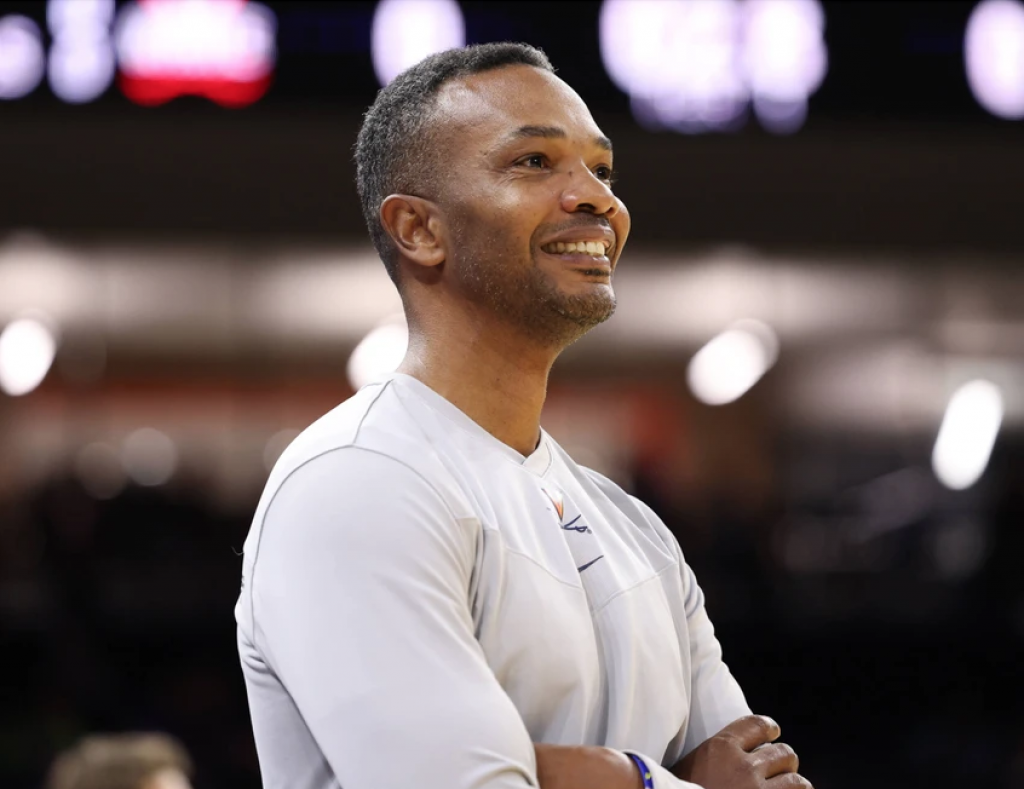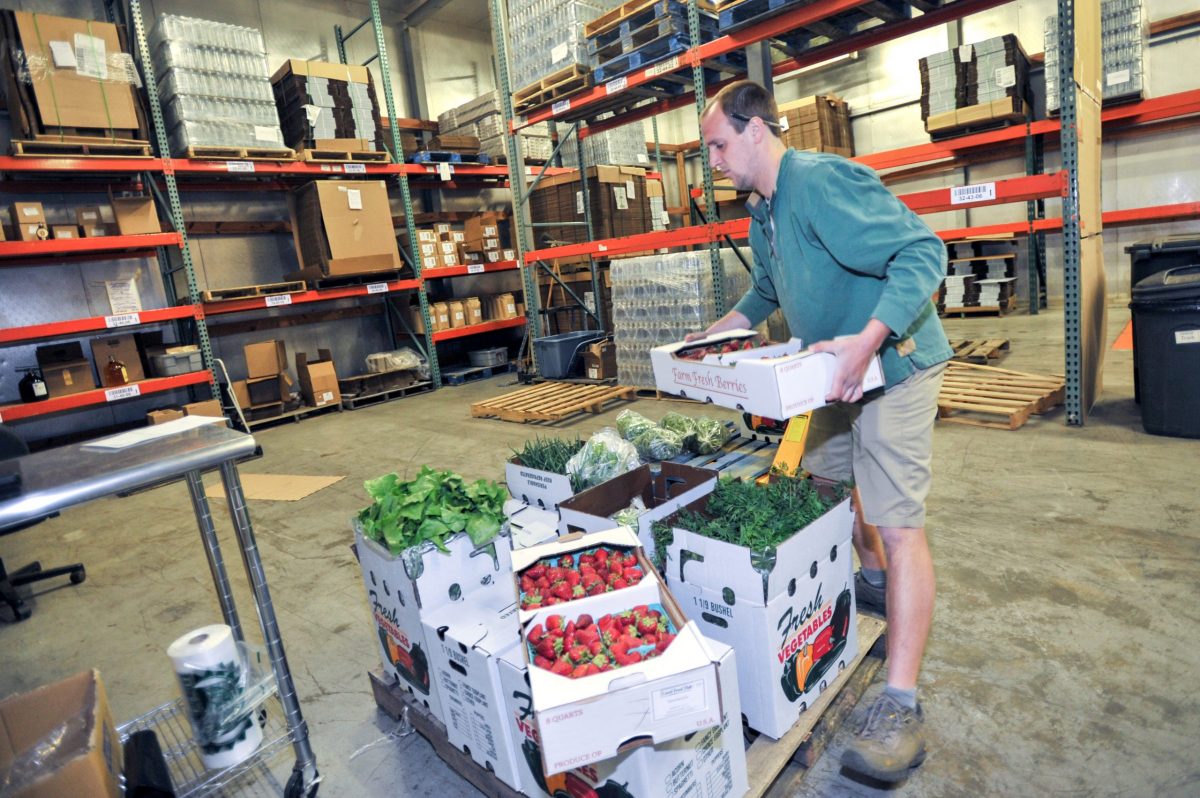Feeding frenzy
Local food equity nonprofit Cultivate Charlottesville launched a fundraising campaign to help cover a $500,000 budget shortfall. Without the donations, the organization may close as soon as spring 2025, according to a November 26 social media post.
“Cultivate Charlottesville is at a critical funding crossroads,” shared the organization. Among other challenges, the nonprofit cited staffing changes, depleted savings, and grants falling through as contributing factors to possibly closing. “Our work is focused on the local food system, and we’re calling on the local community to help us reach our fundraising goal.”
The potential closure of Cultivate Charlottesville puts a strain on already under-resourced food equity efforts. While it terminated Fresh Farmacy deliveries in July, Local Food Hub will shut down entirely at the end of the year. Cultivate Charlottesville was one of the nonprofits expected to help bridge the offerings lost with the closure of LFH.
Through its partnership with Charlottesville City Schools, Cultivate has worked with 20,500 students in its community gardens since its launch in 2007. The nonprofit has also grown and distributed more than 100,000 pounds of fresh produce to community members in public and subsidized housing.
To donate to Cultivate Charlottesville, visit cultivatecharlottesville.org/donate.
Follow the money
The Augusta County Sheriff’s Office has launched an investigation into the financial records of former United Way president and CEO Kristi Williams after the nonprofit paused operations in early November.
Williams left her role with United Way of Staunton, Augusta County & Waynesboro just before the nonprofit shut its doors temporarily. She worked with the organization in various roles since October 2018, according to her LinkedIn profile.
While rising operating costs were previously cited as the reason for the closure, questionable transactions that occurred during Williams’ tenure raised concerns for investigators and board members.
In a November 20 filing obtained by The Daily Progress, ACSO requested a search warrant for Williams’ financial records with DuPont Community Credit Union going back to January 2023. The warrant application also includes an affidavit with copies of checks totaling more than $20,000 written and signed by Williams.
For information about resources and updates on the operational pause of UWSAW, visit united waysaw.org.

So far so good
University of Virginia men’s basketball interim Head Coach Ron Sanchez held his first Coaches Corner at Dairy Market on December 2, after taking over the program from former coach Tony Bennett weeks before the start of the 2024-2025 season. Despite Bennett’s sudden departure, the Hoos have had a respectable 5-2 start under Sanchez’s leadership. The Cavaliers’ next big test comes on December 4, when the team will face the undefeated Florida Gators in Gainesville. Tipoff is at 7:15pm.

Big discovery
Construction crews uncovered a literal pillar of history while working near the Rotunda at the University of Virginia on November 26, according to UVAToday. The stone pillar was unearthed near the building’s lower north plaza and is believed to have been buried by workers in the early 20th century. The pillar was previously part of a wall along University Avenue.
Christmas pun
Spruce Lee is the official name of Charlottesville’s 2024 holiday tree. The tree will be lit December 6 during the annual Grand Illumination at Ting Pavilion, where it will remain throughout the holiday season. Beyond the fun, this year’s naming contest also served as an informal introduction to ranked-choice voting, which will be used in the 2025 Democratic Charlottesville City Council primaries. Spruce Lee won with 59 percent of the vote, coming out ahead of runner-up Boots with the Fir.








